MOMENTUM AiR
Curator-in-Residence
24 June – 13 August 2019
Elena Shtromberg
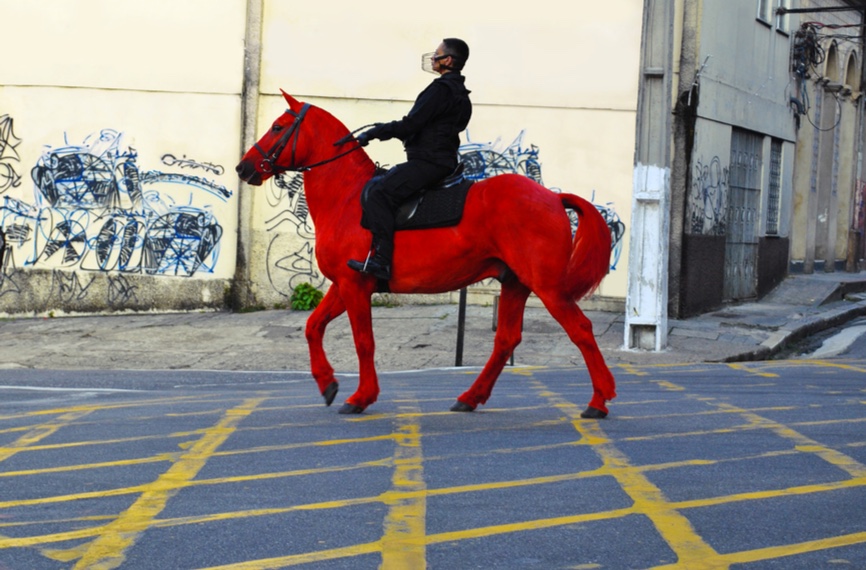
18 July @ 7 – 9pm
Encounters in Video Art from Latin America
Reception & Curator’s Talk
with screening of Defiant Bodies
19 – 28 July @ 1-7pm
PACIFIC STANDARD TIME:
Video Art In Latin America
Video Program Screenings
@ MOMENTUM
Kunstquartier Bethanein
Mariannenplatz 2, Berlin 10997
Watch the video of the Elena Shtromberg’s curator’s talk at MOMENTUM:
CLICK ON THE IMAGES BELOW TO READ THE PROGRAMS:
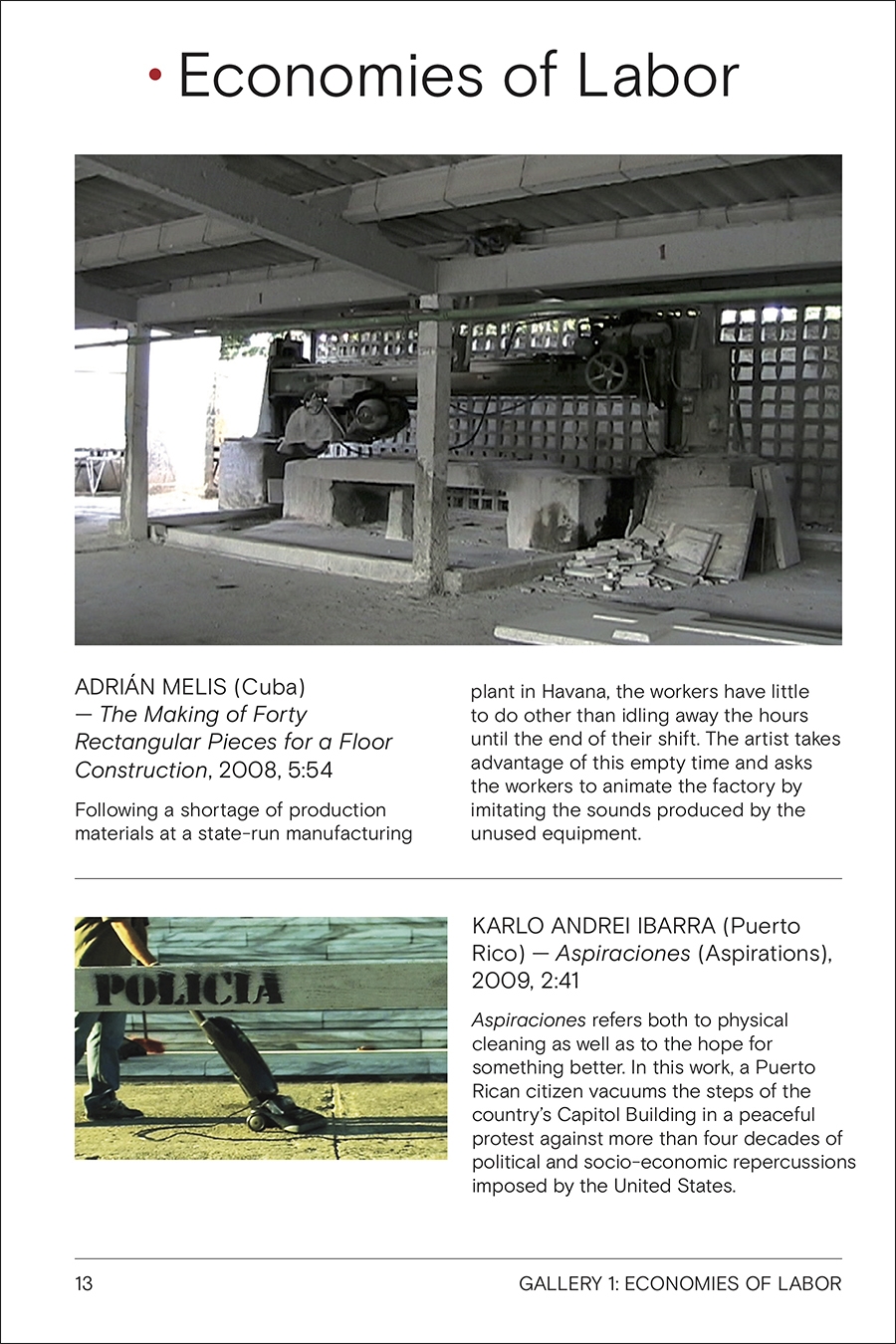
19 July @ 1-7pm
ECONOMIES OF LABOR
SONIA ANDRADE (Brazil, XIMENA CUEVAS (Mexico), LUIS GÁRCIGA (Cuba), KARLO ANDREI IBARRA (Puerto Rico), GLENDA LEÓN (Cuba), JESSICA LAGUNAS (Nicaragua), CINTHIA MARCELLE (Brazil), ADRIÁN MELIS (Cuba)
JASON MENA (Puerto Rico), PATRICIO PALOMEQUE (Ecuador), MARTÍN SASTRE (Uruguay), TATYANA ZAMBRANO (Colombia)
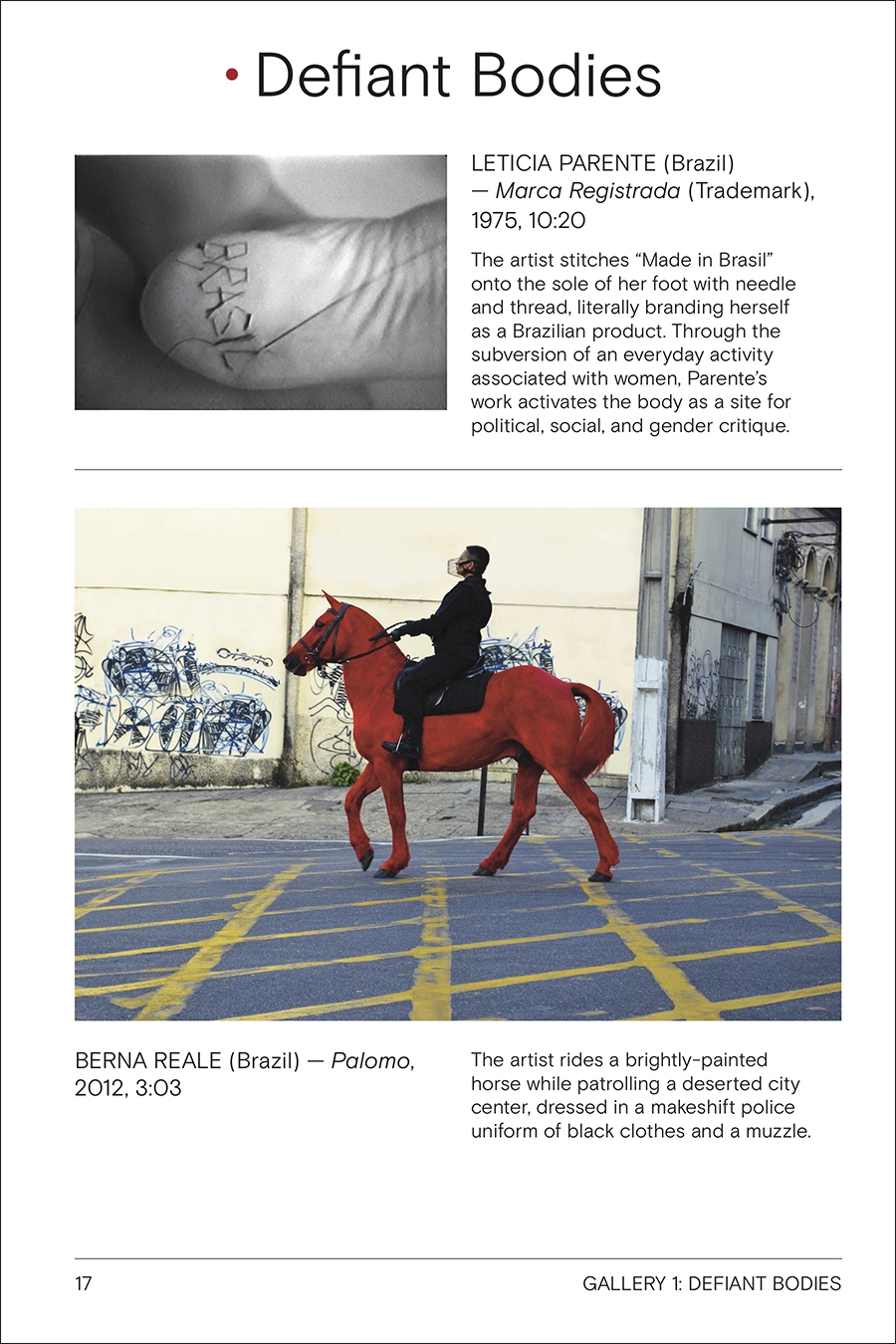
20 July @ 1-7pm
DEFIANT BODIES
GERALDO ANHAIA MELLO (Brazil), JAVIER BOSQUES (Puerto Rico), UNIDAD PELOTA CUADRADA (Ecuador), ERIKA & JAVIER (Paraguay), ADRIANA GARCÍA GALÁN (Colombia), MARIANA JURADO RICO (Colombia), LETICIA PARENTE (Brazil), BERNA REALE (Brazil), COLECTIVO ZUNGA (Colombia)
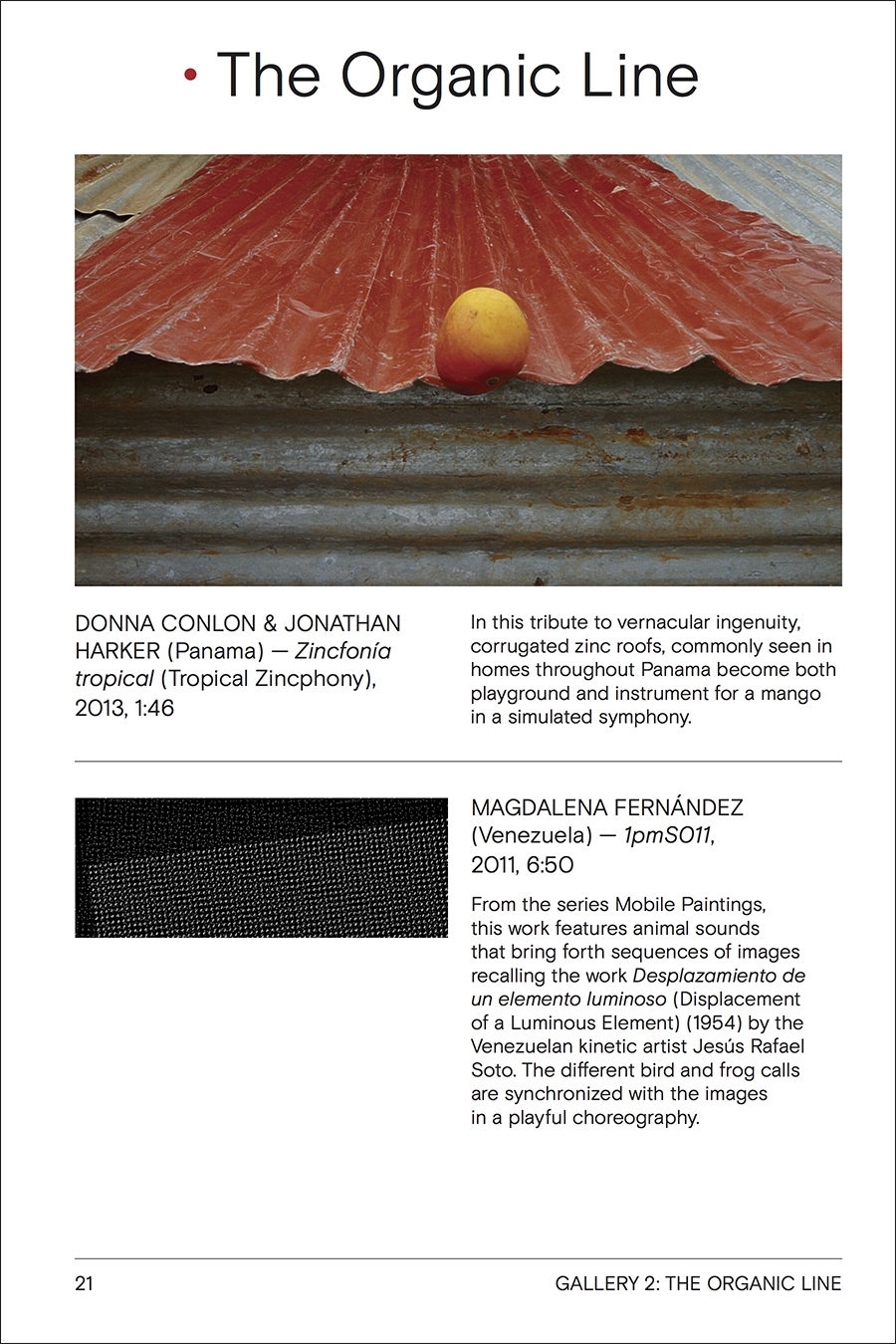
21 July @ 1-7pm
THE ORGANIC LINE
ANALÍVIA CORDEIRO (Brazil), DONNA CONLON & JONATHAN HARKER (Panama), SANDRA DE BERDUCCY (Bolivia), REGINA JOSÉ GALINDO (Guatemala), CAO GUIMARÃES AND RIVANE NEUENSHWANDER (Brazil), MAGDALENA FERNÁNDEZ (Venezuela), LUIS MATA & JUAN CARLOS PORTILLO (Venezuela), LOTTY ROSENFELD (Chile), REGINA SILVEIRA (Brazil), ANTONIO PAUCAR (Peru)
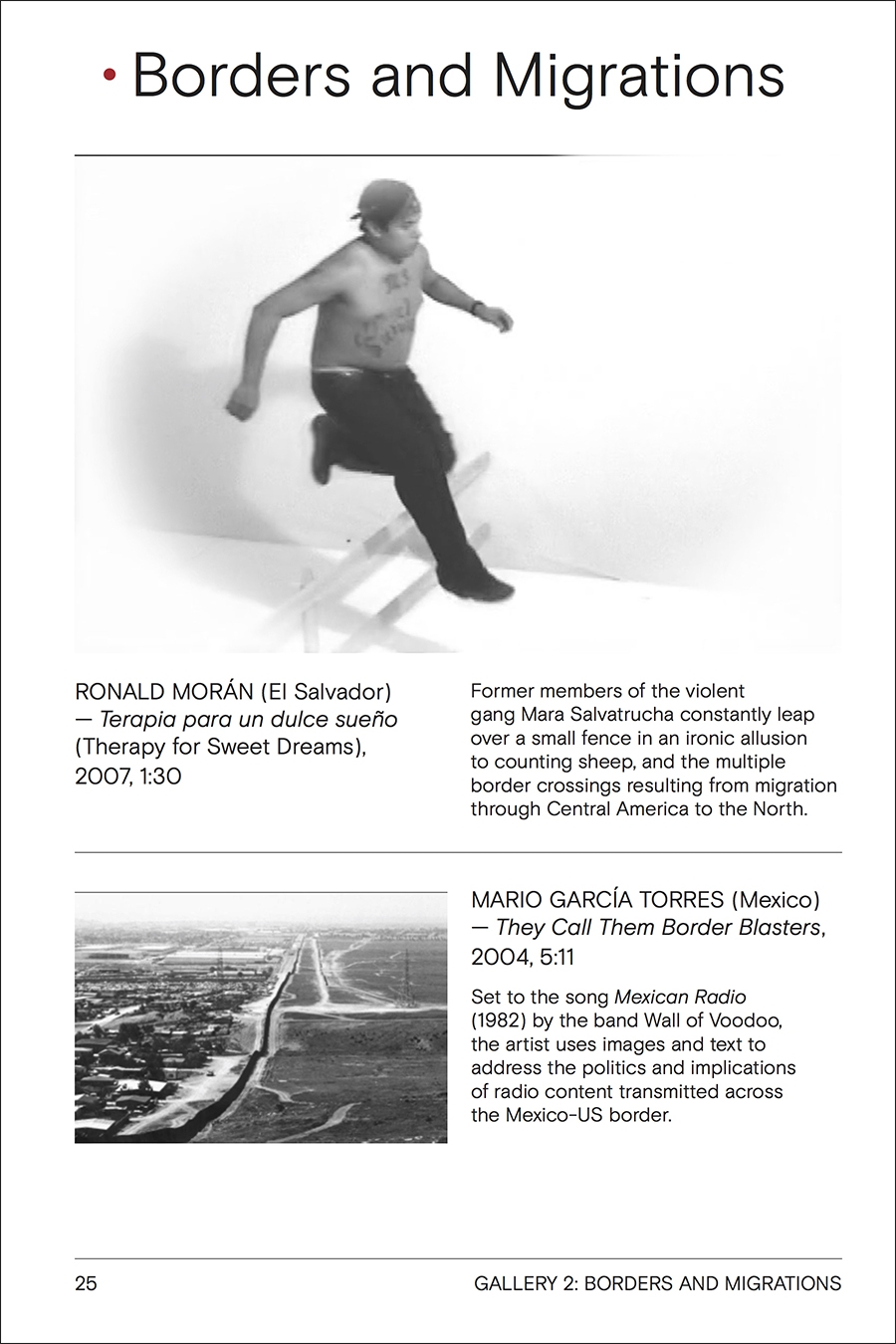
24 July @ 1-7pm
BORDERS AND MIGRATIONS
ALEJANDRA ALARCÓN (Bolivia), LUCAS BAMBOZZI (Brazil), JAVIER CALVO (Costa Rica), JOSÉ CASTRELLÓN (Panama), DONNA CONLON & JONATHAN HARKER (Panama), MARIA LAET (Brazil), RONALD MORÁN (El Salvador), MIGUEL ANGEL RÍOS (Argentina), ALEX RIVERA (US), MARIO GARCÍA TORRES (Mexico)
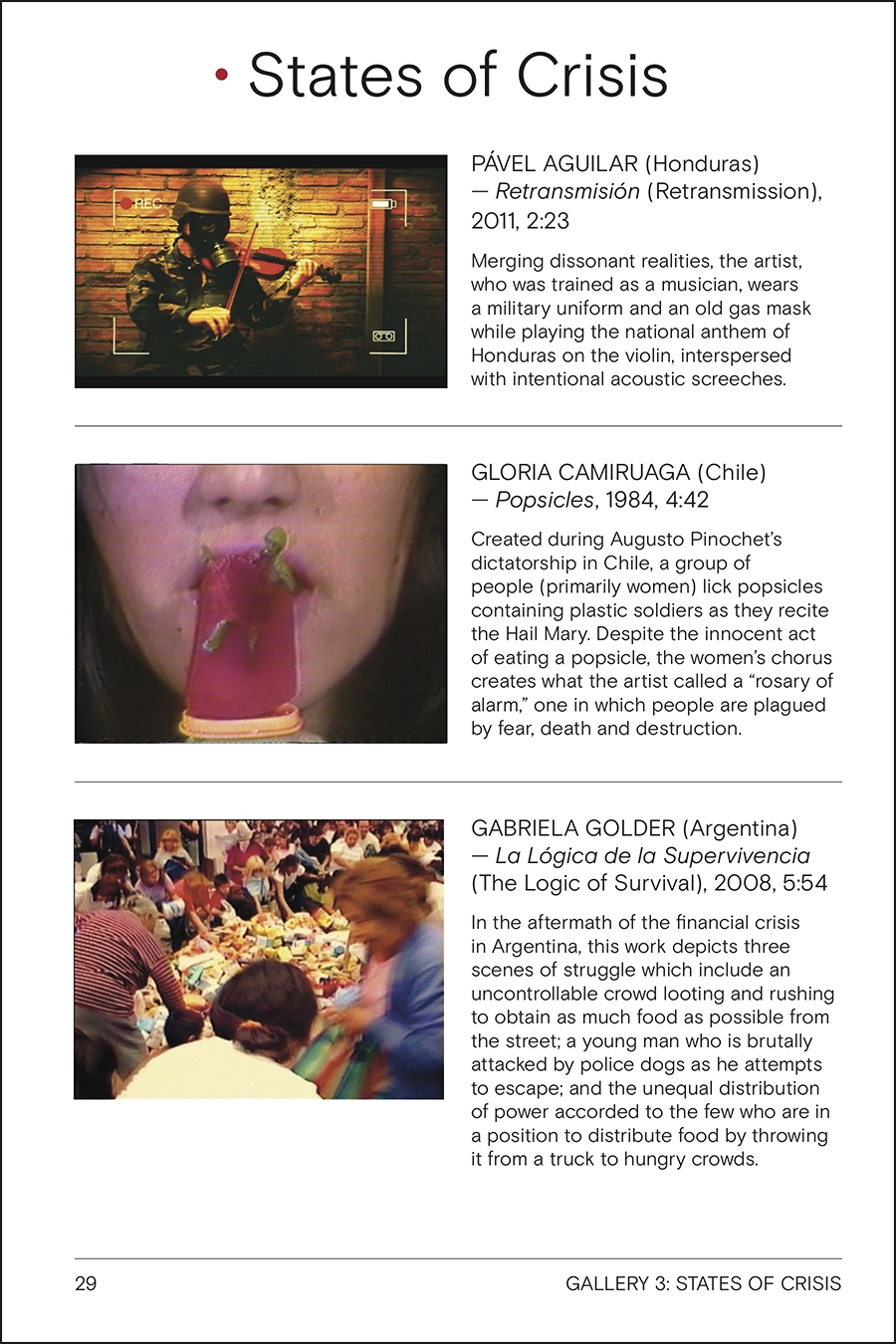
25 July @ 1-7pm
STATES OF CRISIS
PÁVEL AGUILAR (Honduras), ANGIE BONINO (Peru), GLORIA CAMIRUAGA (Chile), ANNA BELLA GEIGER (Brazil), GABRIELA GOLDER (Argentina), DIEGO LAMA (Peru), CARLOS MOTTA (Colombia), OSCAR MUÑOZ (Colombia), JOSÉ ALEJANDRO RESTREPO (Colombia), NICOLÁS RUPCICH (Chile), CHARLY NIJENSOHN (Argentina)
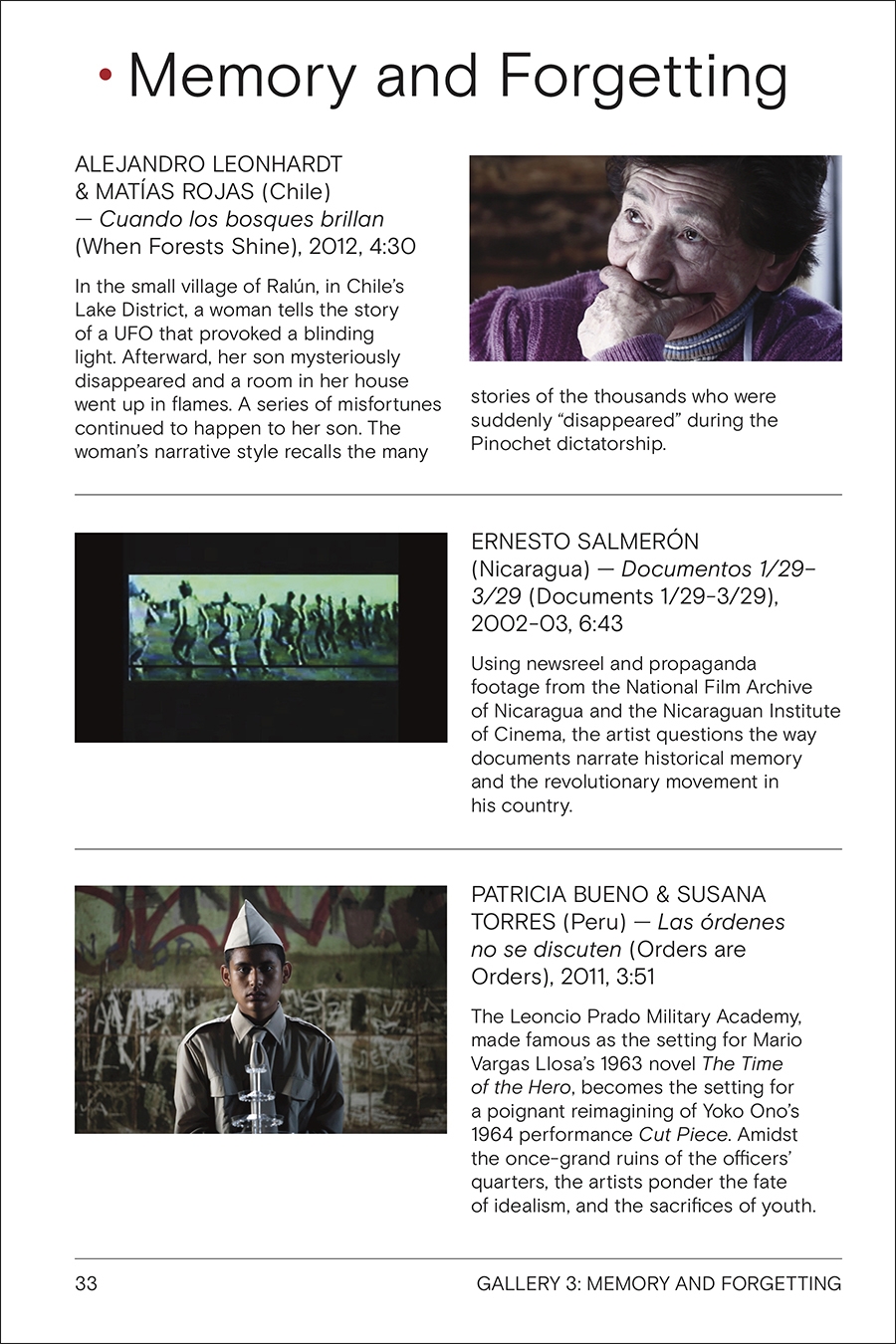
26 July @ 1-7pm
MEMORY AND FORGETTING
PATRICIA BUENO & SUSANA TORRES (Peru), ALEJANDRA DELGADO (Bolivia), JUAN MANUEL ECHAVARRÍA (Colombia), ADELA GOLDBARD (Mexico), ALEJANDRO LEONHARDT & MATÍAS ROJAS (Chile), CLEMENTE PADÍN (Uruguay)
ENRIQUE RAMÍREZ (Chile), ERNESTO SALMERÓN (Nicaragua)
On 27 – 28 July @ 1-7pm
All the Video Programs will be Screened Back-to-Back
BIO
Elena Shtromberg is Associate Professor in the Department of Art and Art History at the University of Utah. She specializes in modern and contemporary Latin American visual culture, with a specific focus on Brazil and the U.S.-Mexico border region. Her book, “Art Systems: Brazil and the 1970s” (University of Texas Press, 2016) explores visual forms of critique and subversion during the height of Brazilian dictatorship by tracing how the encounter of artistic practice with information and systems theories redefined the role of art in society. Her interdisciplinary research interests extend to gender and media studies, cultural studies, as well as communications, geography and postcolonial theory. She has been the recipient of grants from the Woodrow Wilson Foundation, the American Council of Learned Societies, the Social Science Research Council and DAAD, among others. During her research leave in 2011-12 she was a guest scholar at the Getty Research Institute in Los Angeles. She has also curated a number of exhibitions, the latest among them a co-curated survey entitled “Video Art in Latin America” which opened in September 2017 at LAXART (an alternative art space in Los Angeles), part of the Getty Foundation’s initiative PST: LA/LA. She is now working on a co-edited volume, “Encounters in Video Art of Latin America” (Getty Publications, 2020) and a scholarly monograph on the role of historical memory in video art titled “Fugitive Memories”.
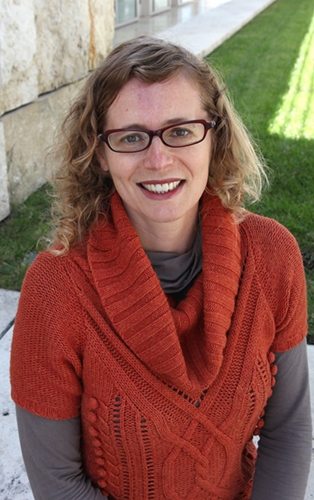
PACIFIC STANDARD TIME
Video Art In Latin America
MOMENTUM is proud to bring to Berlin the outstanding body of research presented in “PACIFIC STANDARD TIME: Video Art In Latin America”. The program of video screenings will be opened and introduced by Elena Shtromberg on 18 July at 7-9pm, to be followed by daily screenings of the individual programs, ending with all the programs shown together on the weekend of the 27-28 July.
More than 60 works of video art from Latin America, many never before seen in the U.S., were presented in a landmark exhibition at LAXART from September 17 through December 16, 2017 as part of the Getty’s city-wide art initiative Pacific Standard Time: LA/LA. Organized by LAXART in collaboration with the Getty Research Institute (GRI), Video Art in Latin America surveys groundbreaking achievements and important thematic tendencies in Latin American video art from the 1960s until today.
“We have worked with hundreds of artists, curators, and scholars in more than a dozen countries to trace historical narratives of the field,” said Glenn Phillips, head of modern and contemporary collections at the Getty Research Institute and co-curator of the exhibition. “Very few museums and research collections in the United States contain video work from Latin America. Through this exhibition and our ongoing research, we seek not only to expose audiences to an important medium of artistic expression from Latin America, but also to provide resources and access for future research and scholarship.”
The exhibition is part of an ongoing Getty Research Institute research project undertaken by the exhibition curators Glenn Phillips (GRI) and Elena Shtromberg (University of Utah) on projects related to video art in Latin America since 2004. Since 2013, Shtromberg and Phillips have been conducting extensive research in Latin America, visiting with artists, curators, and scholars and organizing several major public screenings.
The emergence of video art in Latin America is marked by staggered and multiple points of development across more than a dozen artistic centers over a period of more than 25 years. The earliest experiments with video in Latin America began in Argentina and Brazil in the 60s and 70s, respectively. In the late 1970s artists in Colombia, Mexico, and Puerto Rico began to use video. Artists in Chile, Cuba, and Uruguay took up the medium in the 1980s and the 1990s and 2000s saw video art movements emerging in Ecuador, Guatemala, and Costa Rica.
“In the latter part of the 20th century, early portable video equipment, in particular the Portapak, represented a decentralized media outlet for voicing opposition. At this time, video artists positioned the body as the site of expression in traumatic political contexts,” said co- curator Elena Shtromberg. “Contemporary video artists in Latin America are continuing to pursue social themes, exploring ideas about gender, ethnic, and racial identity as well as the consequences of social inequality, ecological disasters and global violence.”
At LAXART, in Hollywood, visitors encountered several immersive video art installations in the center of the exhibition space as well as three galleries featuring single channel videos arranged in six thematic programs which include: The Organic Line; Defiant Bodies; States of Crisis; Economies of Labor; Borders and Migrations; Memory and Forgetting. An important feature of the exhibition was a specially curated library adjacent to the gallery spaces. This publicly accessible library functioned as a Video in Latin American Art study room featuring dozens of books on the subject, including many books that are out-of-print or otherwise hard to find in the U.S.
The Getty Research Institute is an operating program of the J. Paul Getty Trust. It serves education in the broadest sense by increasing knowledge and understanding about art and its history through advanced research. The Research Institute provides intellectual leadership through its research, exhibition, and publication programs and provides service to a wide range of scholars worldwide through residencies, fellowships, online resources, and a Research Library. Additional information is available at www.getty.edu.
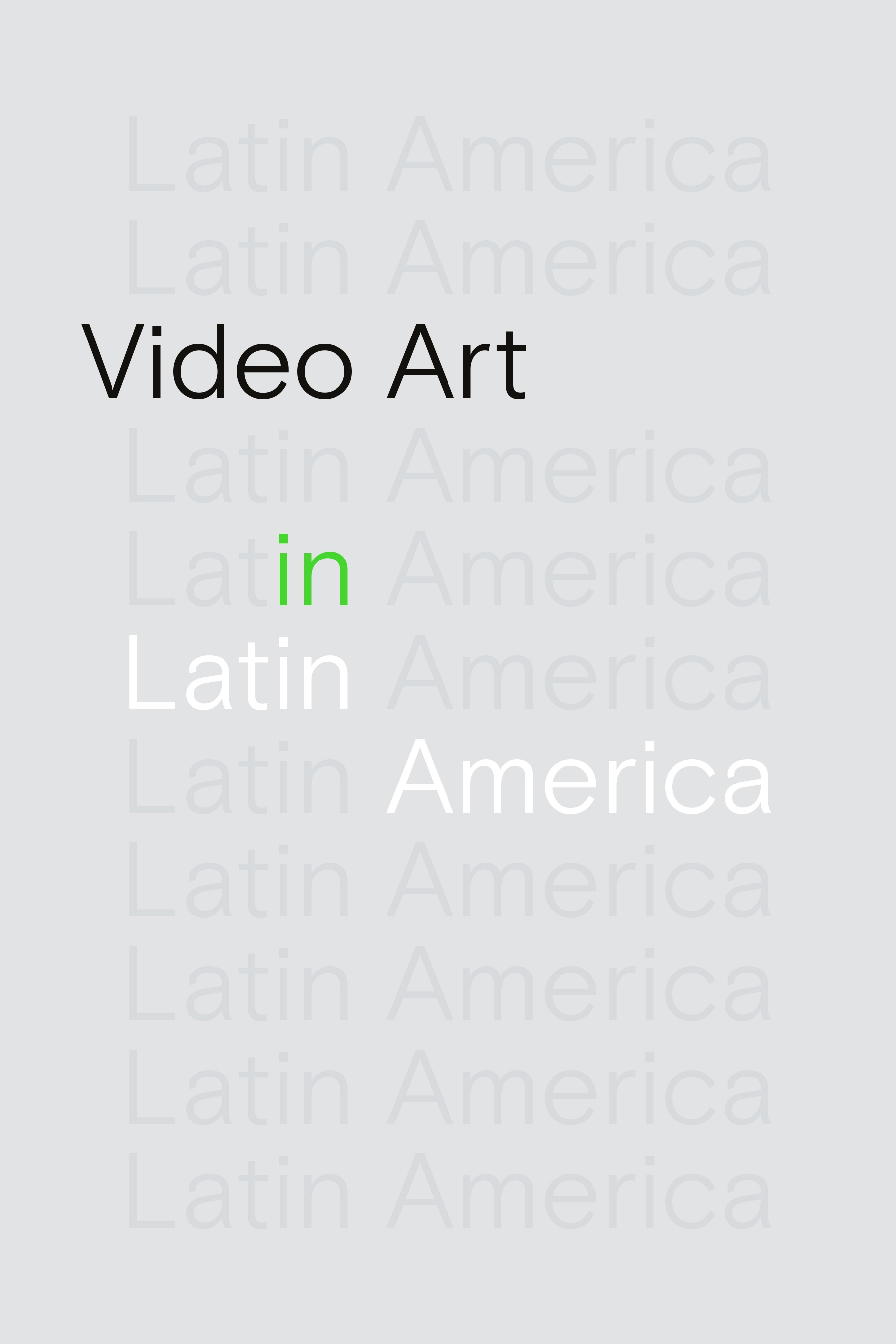
 |

 Back to Index
Back to Index